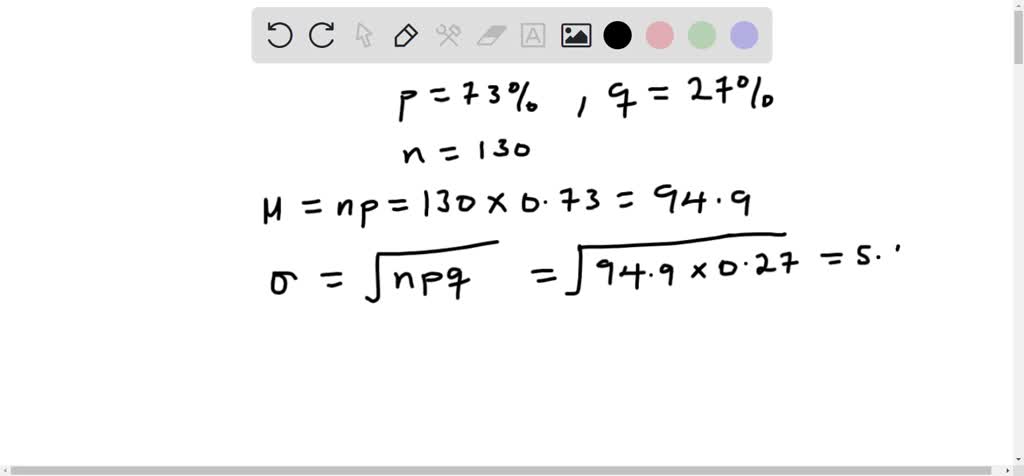
SOLVED: A recent study reported that 73% of Americans could only converse in one language. A random sample of 130 Americans was randomly selected. What is the probability that 100 or fewer

Chapter 5 Review Probability – the relative likelihood of occurrence of any given outcome or event, ranges from 0 to 1 Converse Rule (not) Multiplication. - ppt download
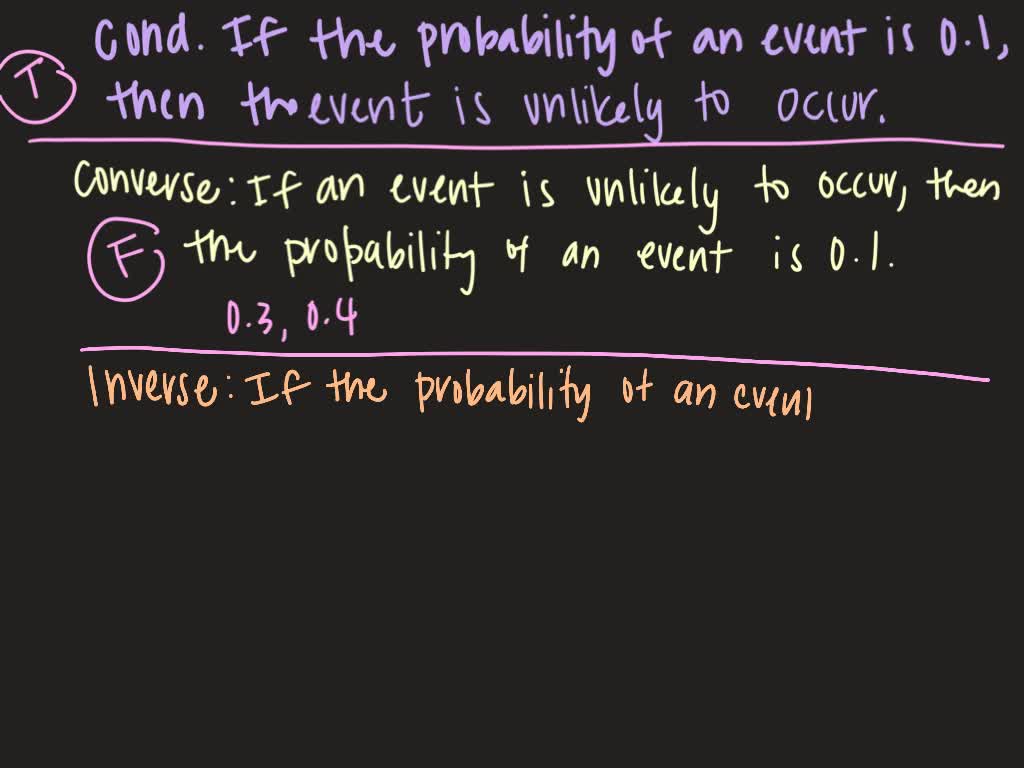
SOLVED:Write the converse, inverse, and contrapositive of each conditional statement. Find the truth value of each. If the probability of an event is 0.1, then the event is unlikely to occur.
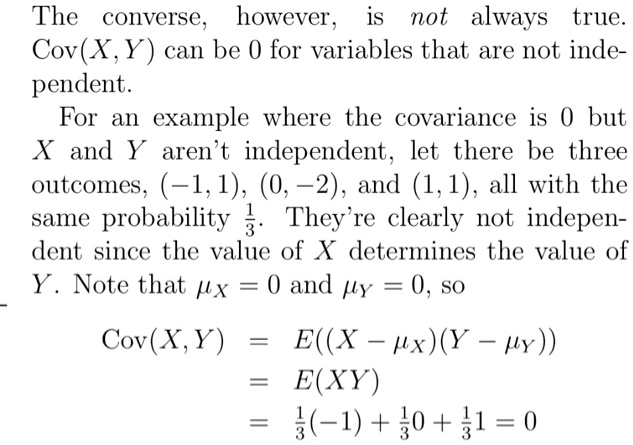
SOLVED: The converse, however, is not always true. Cov( X, Y) can be 0 for variables that are not inde- pendent For an example where the covariance is 0 but X and

Lecture 9 - slides - Math 2 Probability 9 Several Random Variables 9.0 Learning Outcomes After - Studocu
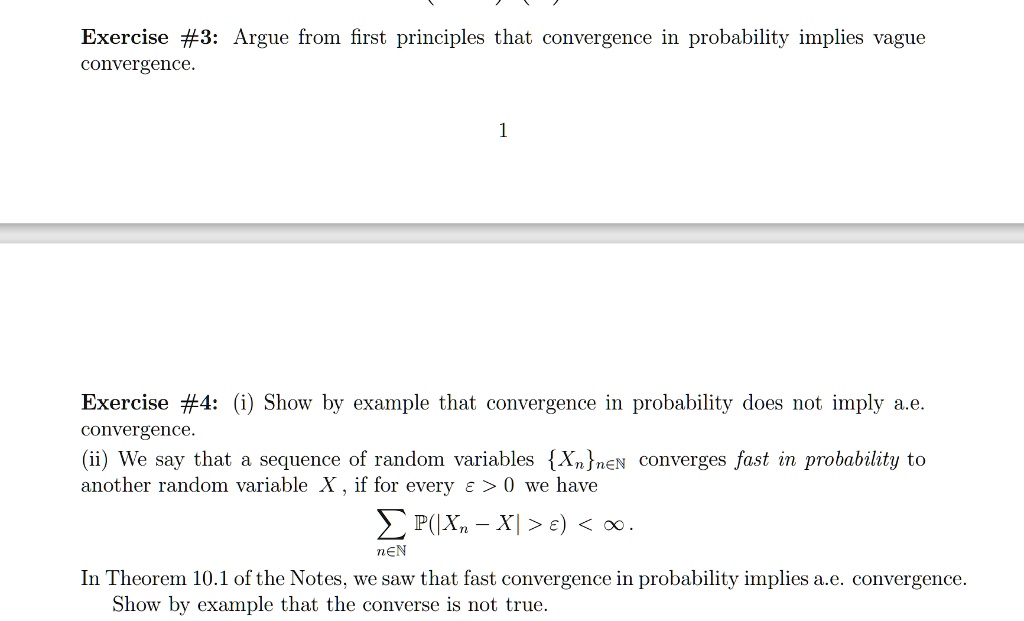
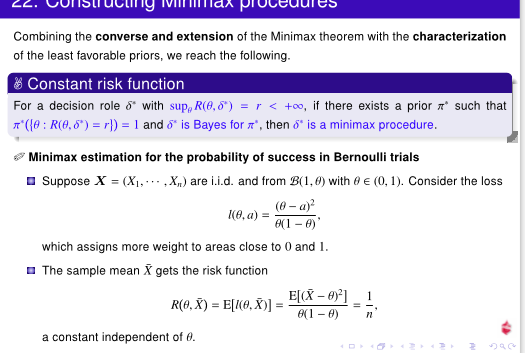
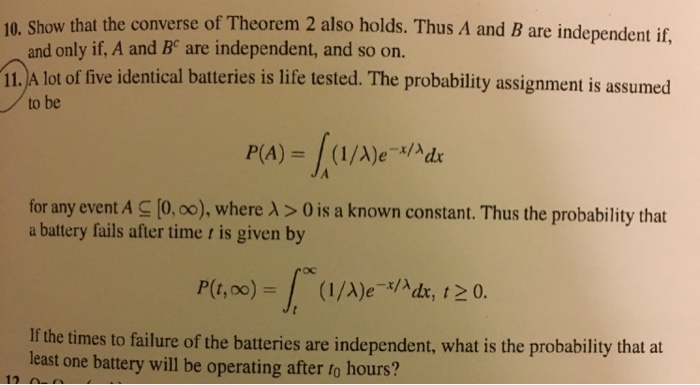


:max_bytes(150000):strip_icc()/conditional-56edf9de5f9b5867a1c1924c.jpg)
:max_bytes(150000):strip_icc()/converse-5655e26e5f9b5835e437fb1a.jpg)
![PDF] On two strong converse theorems for discrete memoryless channels | Semantic Scholar PDF] On two strong converse theorems for discrete memoryless channels | Semantic Scholar](https://d3i71xaburhd42.cloudfront.net/8643a027650c3908d1585f3550797c94ce5824fa/5-Table1-1.png)





